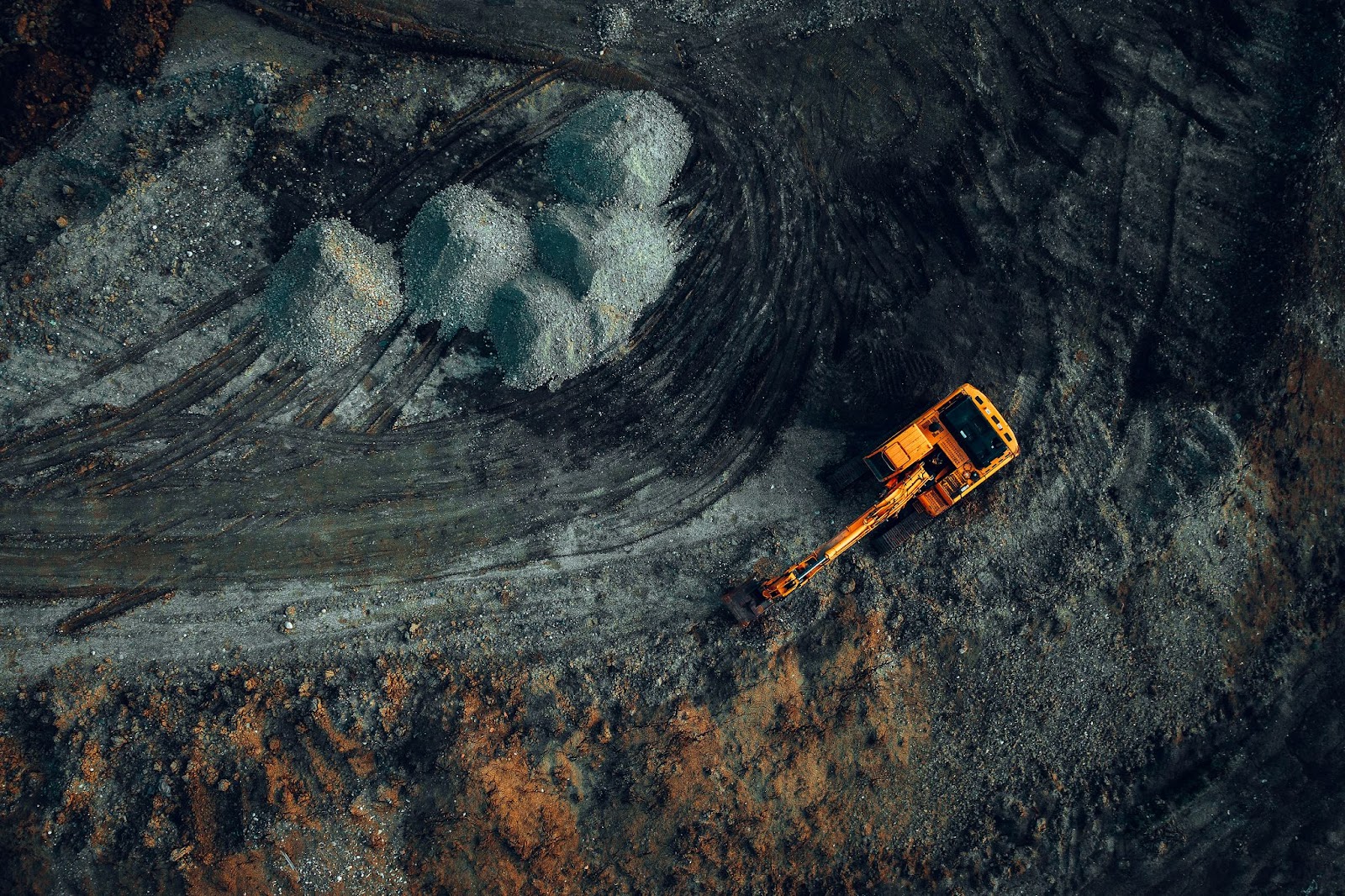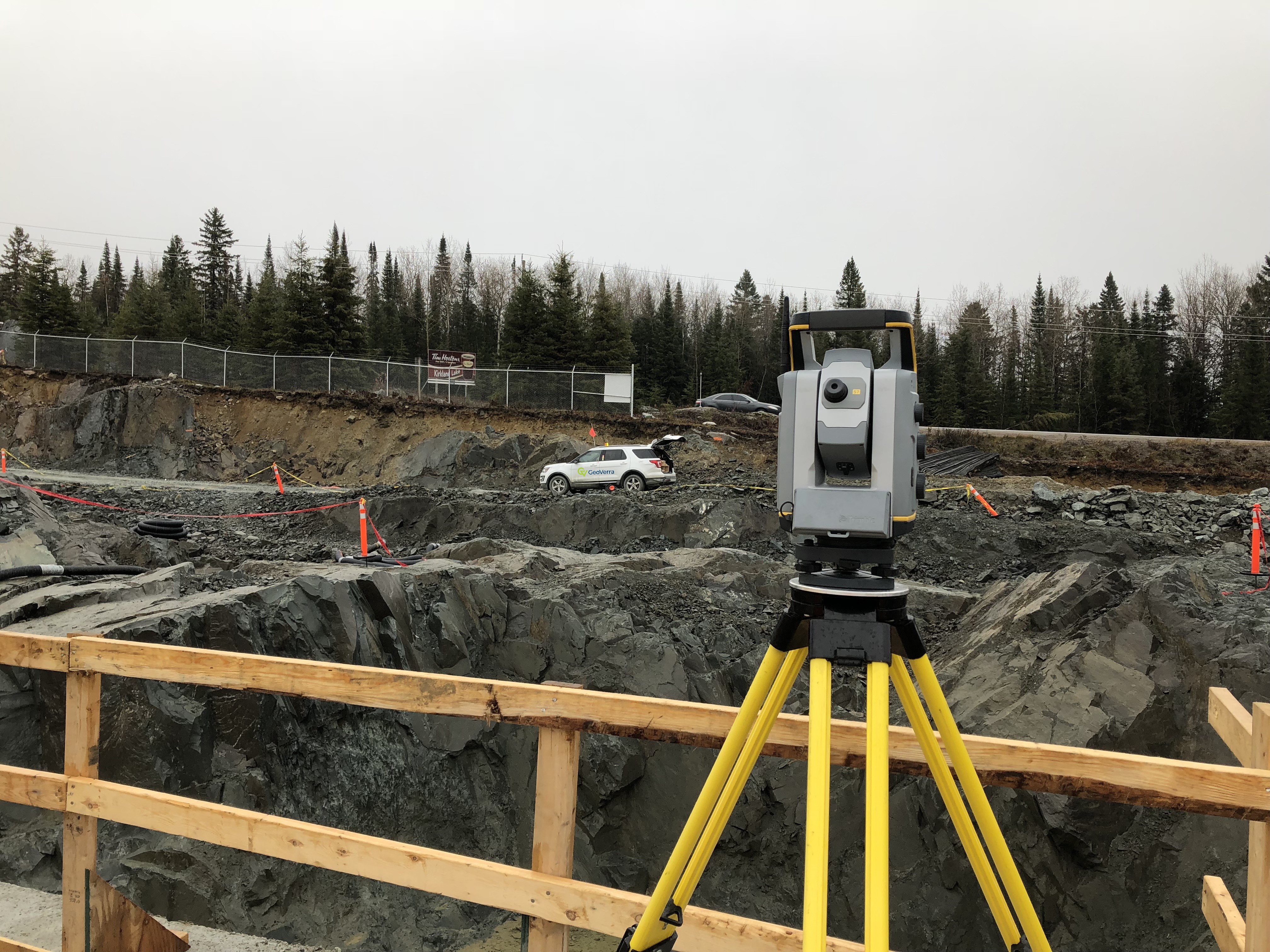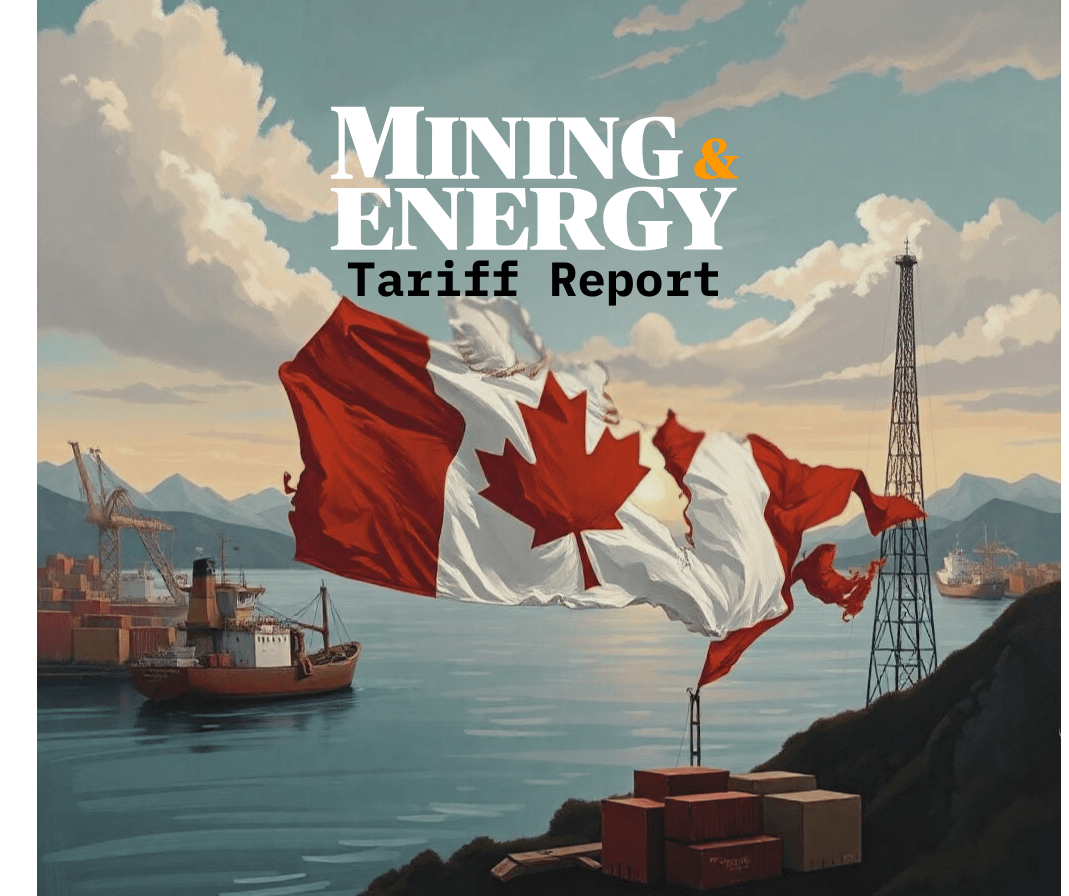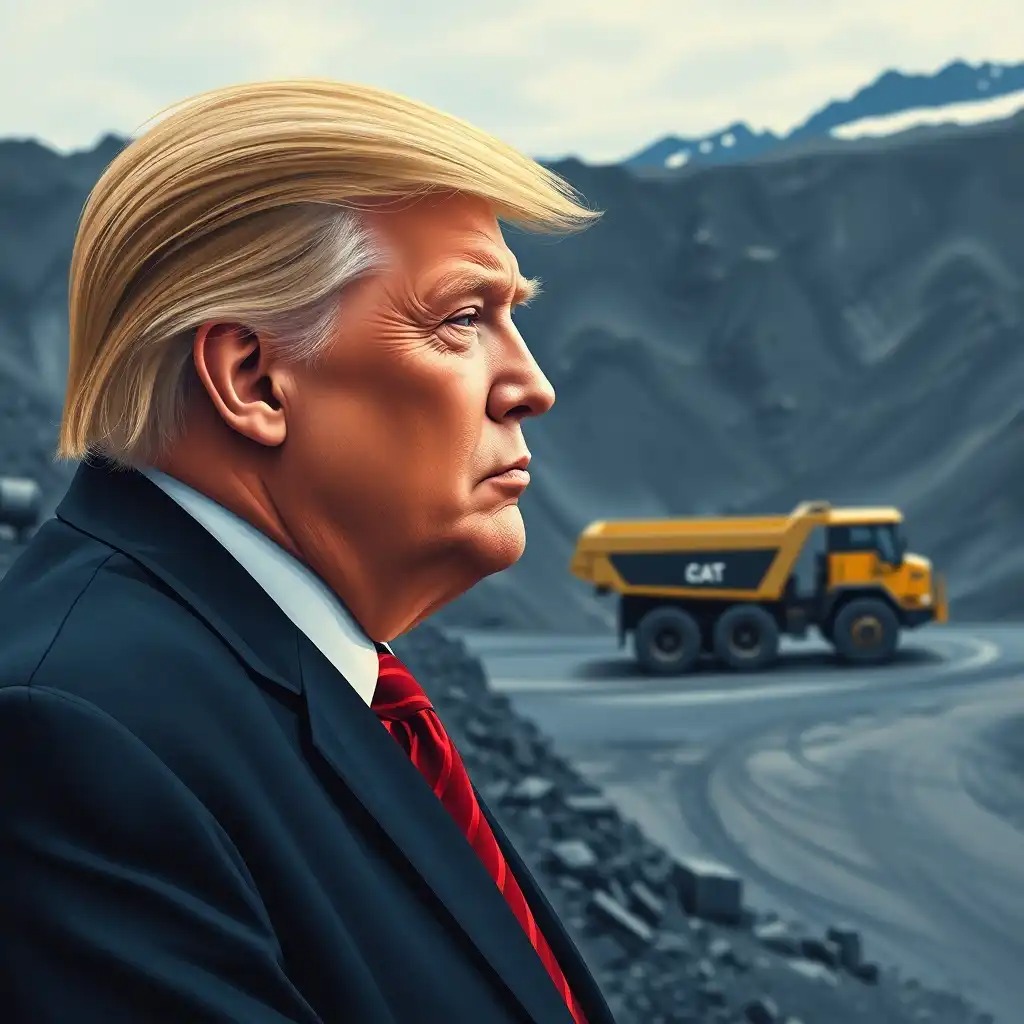How G8 transparency rules affect Canadian mining companies

1 of 1Alan Hutchison is a globally recognized expert in mining law. — Photo courtesy Alan Hutchison Prime Minister Stephen Harper's June announcement
1 of 1Alan Hutchison is a globally recognized expert in mining law. — Photo courtesy Alan Hutchison
Prime Minister Stephen Harper's June announcement regarding the G8 initiative that would require companies to disclose any payments made to foreign or domestic governments brought resource extraction regulation to the forefront of political discussion. As Canadian miners work with the global initiative, what does this mean for transparency within Canada? How, for example, can Canadian miners deal with transparency as it relates to First Nations groups?
Mining & Exploration sat down with Alan Hutchison, partner at Dentons Canada and a globally recognized expert in mining law to talk about transparency regulations and ramifications for mining companies.
I think if it's done fairly I actually don't think it's going to have that significant of an impact. We act for mining companies, so perhaps we're coming at this from different angle. From what I see there's a lot of honest, up-front, well-intentioned people out there. If you look at mining around the world, a lot of developing countries have profited quite significantly from mining projects in their countries. Even in Canada, it can be the way to unlock wealth and be used to enhance the lives of people and communities.
The issue is if it's done right. I think mining companies want to do it right. If there's a framework in place that kind of binds their hands, it actually helps mining companies when they go abroad and are talking to foreign governments that they have this up-front charter on what they can and cannot do. I would point to the United States' anti-corruption laws that have been in place for years and years. The laws are well established and every developing country knows what U.S. companies are allowed to do and not to do. It hasn't blown up their ability to do business overseas, so I don't think it's going to impair the Canadian industry either.
The issue I think is making sure mining companies aren't singled out and to make sure they're not set up in this manner with either a disclosure obligation that is more strenuous than any other business operating around the world or is a regulatory burden that is unique to them.
I think mining companies have been responding for a number of years. Let's face it, these companies are corporations and their goal is to generate returns for investors. I think it's a helpful thing in making this an economic issue and having people realize where you develop and operate a project with good relations with the communities, there's an economic benefit to companies by doing that. The overall intent is quite well accepted in the mining industry and getting local communities on board is a necessary step in the development of a project. I don't think people are looking at that in a begrudging way. People want to get acceptance and mining companies earnestly believe they can make a difference and their project can help the local communities in which they operate.
I don't think anyone knows the answer to that because this is something the courts have dodged and governments have dodged. Certainly if you ask industry they will tell you they don't really care what the law is or what the courts say about it. From a practical standpoint it's becoming increasingly evident in Canada that unless you have local communities on side with the project, it's very difficult to get it through the regulatory process and get it approved. We're seeing it with every single kind of project, even with infrastructure, community support is one of the key gating items to have these projects proceed and is increasingly important. The question of whether First Nations have a veto pursuant to their aboriginal rights I think is a question that is impossible to answer fully at this point. Quite simply, it hasn't been fully determined on a practical level. It's pretty close to being a veto, in that people know that if they want a project advanced in a timely and efficient manner, which will ultimately dictate whether they can do it in an economical matter, they have to get communities involved early in the process.
Most companies these days have some sort of accommodation agreement with First Nations. It's become increasingly common to enter into a contract with them that will set out what the mining company proposes to do, how the project will go, and what compensation will be paid to the First Nations group and how the relationship will unfold in terms of consultation, employment, representation on boards and committees for the development of the project, things like that.
I think that's the main way and essentially what the companies want is certainty—and the First Nations groups are ultimately after the same thing. The problem we run into is it's very difficult to predict how a mine development will proceed through its various stages. Even through the various winds of dealing with commodity prices, capital markets around the globe, etc., all things come into it including technical risk. So it's a bit of a challenge in that First Nations want certainty throughout the process, which at the early stages is something mining companies are resistant to. That's not due to any fundamental disagreement on concept, but simply they don't know themselves and aren't in position to give that certainty.
I think what we're going to see going forward is staged agreements, and actually I have a few clients operating in B.C. that have started to do that, where they get a relationship off on the right foot and to get the social license at exploration phase, doing earlier stage agreements. The mining company acknowledges what they're doing on the ground is very early in scope, with drilling and mineral exploration, and that before they go forward with any feasibility studies or development or anything, that requires an extensive environmental and community review and they'll get back to them.
At that stage, you tend to get to different agreements as to how the project is going to unfold in the development and construction phase and into operations. That's when everything comes together and that's when you've seen not only the successes of communities getting on board but also some of the friction. We've seen on a few projects in B.C. companies have been going forward with approval processes and communities have been quite outspoken and feel like their interests aren't being accommodated in the proposed development. The whole idea is by the time you get to that stage you have a couple agreements in place.
It's an evolution of a business relationship and it's got to unfold over time. Ultimately it's doesn't matter what's written down on paper; there has to be a working relationship and trust on a daily basis that ultimately drives these things and makes them successful.




